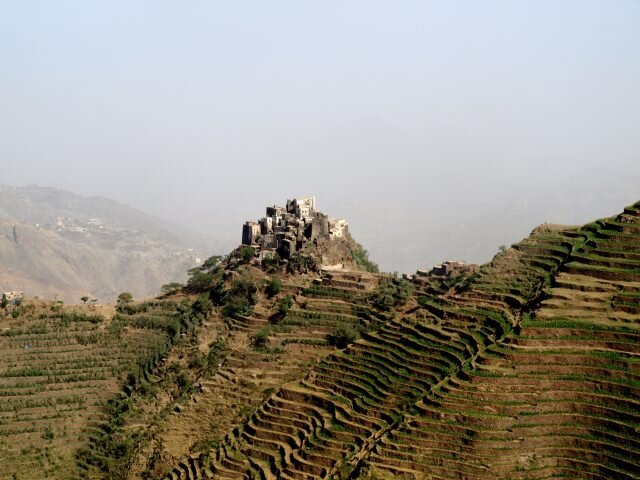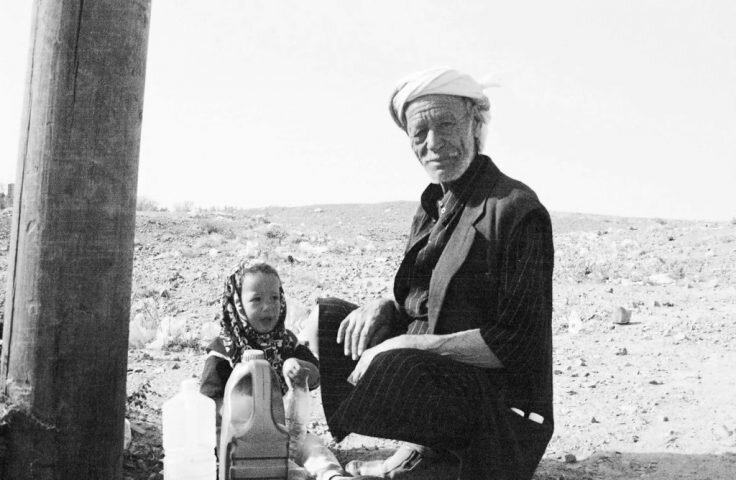Yemen’s response to COVID-19
ARK’s Yemen researcher Raiman Al-Hamdani recently co-authored a three-part series with Robert Wilson (Research Analyst at PSRP) commissioned by PSRP looking at Yemen’s response to COVID-19. Here a synopsis of each and a link to the full report.
In Yemen, local actors, governance mechanisms and communities are all shaped by strong cultural roots and regionally nuanced socio-political dynamics. These systems face increasingly extreme threats and pressures, nonetheless they form part of a social fabric which gives direction to a way of life alongside a cyclical, internalised system of conflict. If a nationwide ceasefire cannot be reached, these local actors (whom have led in upholding these systems and ways of living) are likely to be as deeply embedded in an effective response or solution to COVID-19 in Yemen as the many conflict actors themselves are. Read part 1 here.
The second part of the series looks to examine the ways that communities have dealt with a number of health crises prior to the arrival of COVID-19. It considers the current condition and development of Yemen’s health system. Further, it also considers the potential role of tribes as influential local actors whom have a history of supporting communities. It considers the possibility of tribes guiding community responses to COVID-19. Read part 2 here.
At ARK we are proud to partner with Ahlam Laje’a and grateful that they have kindly accommodated our team in Beirut given the damage to our office after the blast. They and our PCD partners and friends continue to provide an excellent example of innovative and sustainable approaches to combatting Covid-19 and what, with opportunity and agency, refugees are able to contribute to our collective wellbeing.
The third part of the series considers the powerful role women have played in Yemeni communities in responding to crises throughout the current conflict. The ongoing challenges women face show how navigating gender equality issues in order to support their communities, is part of a broader complex challenge of taking on prominent roles in a traditionally patriarchal society. Varying levels of equality throughout the country, however, is also a reminder that to realise women’s fullest potential as responders to COVID-19, they must be supported more widely and included more broadly in deliberations about wider socio-political challenges on a long-term basis. This post also considers the role of Civil Society Organisations (CSOs) as key responders to health crises, and the potential roles of wider sectors within Yemeni society. Read part 3 here.
The authors conclude that the result of engaging influential non-state local actors in reaching vulnerable communities has so far helped to slow the spread of COVID-19 and will continue to do so, if the variety of threats facing these groups are addressed and the right type of support from international donors and local authorities is provided.



